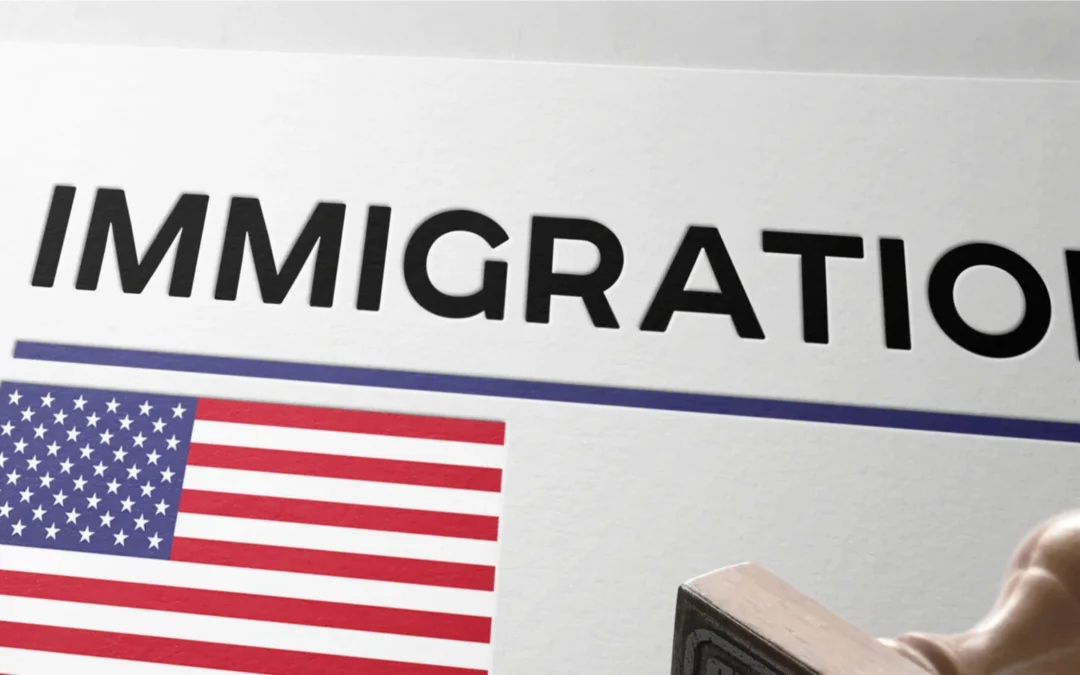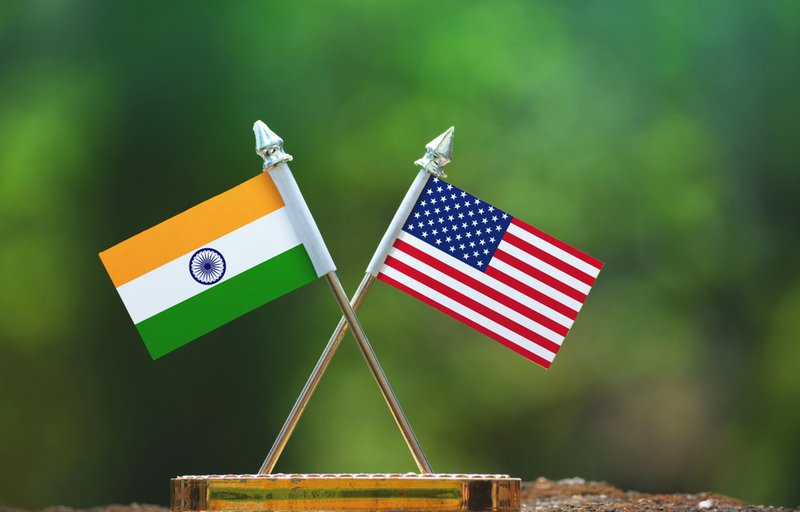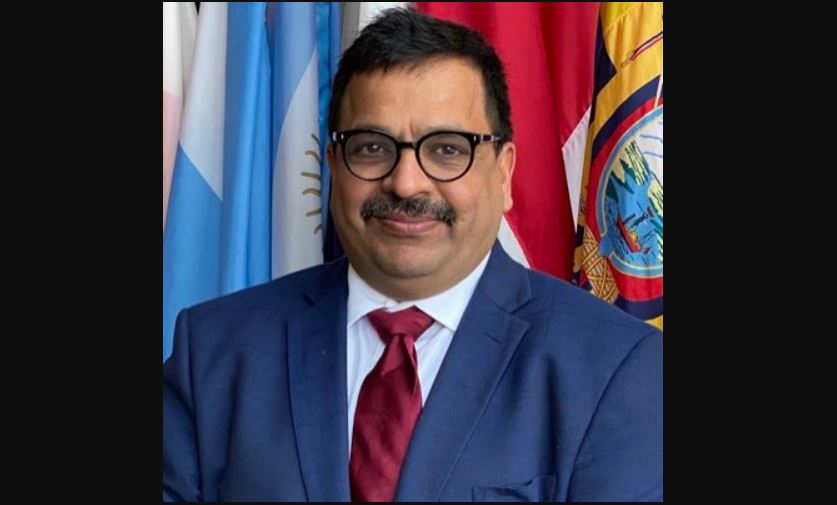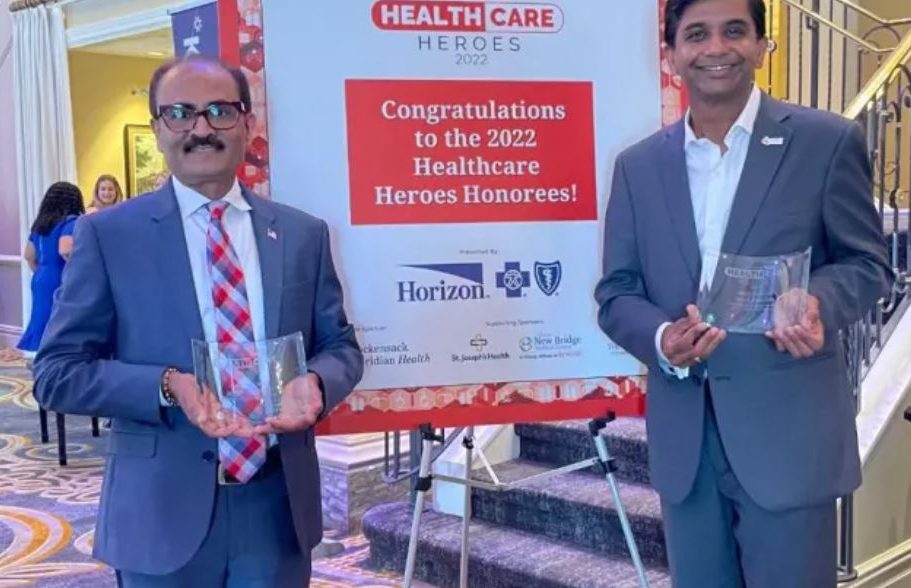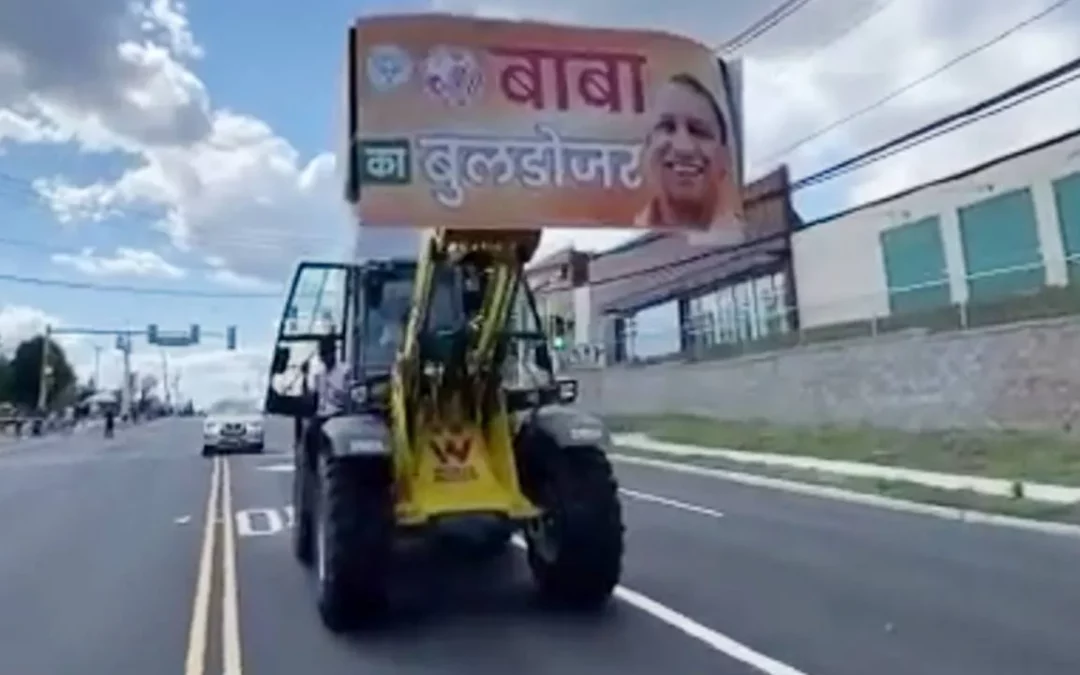Indians exhibit extraordinary nationalist sentiment with confidence in its own military prowess, but also expect that the US military would support India in the event of a war with China or Pakistan, according to a new survey.
The survey of Indian public opinion by Washington think tank the Stimson Center, also finds troubling signs of intolerance toward India’s large Muslim minority.
A part of the center’s South Asian Politics and Security Project, the survey examines Indian public opinion on domestic politics and national security issues to understand the political incentives leaders face during interstate crises in Southern Asia.
The survey reveals how public attitudes could shape Indian diplomacy, crisis escalation, and nuclear force development, according to study authors Christopher Clary, Sameer Lalwani, Niloufer Siddiqui and Neelanjan Sircar.
The nature of popular views on these topics and their effects on elite decision-making are understudied, they say. “Understanding those incentives would help the United States and other diplomatic partners of India clarify mutual expectations and promote regional stability.”
The survey was intended to measure Indian attitudes towards the current government, India’s domestic challenges, and inter-state disputes as part of a broader Stimson Center initiative to understand the political incentives leaders face during interstate crises in southern Asia, according to the authors.
The 7000-person survey was conducted by phone in India between April 13 and May 14, 2022. It was translated and fielded in 12 languages for respondents in all 28 Indian states and six of India’s eight union territories by the Centre for Voting Opinion & Trends in Election Research (CVoter), a widely used public opinion firm,
Key findings:
– high levels of support for Prime Minister Narendra Modi, who likely remains among the most popular national leaders in the world today;
– extraordinary nationalist sentiment among Indians, at high levels compared to prior cross-national surveys using identical question wording;
– troubling signs of intolerance toward India’s large Muslim minority, which helps provide context to recent controversies;
– strong confidence in the Indian government’s ability to defend India against potential domestic and foreign threats;
– expectations among a majority of Indian respondents that the US military would support India in the event of a war with China or Pakistan; and
– large majorities in favor of Indian numerical nuclear superiority against its adversaries.
Modi received support from a large majority in the survey, with 71% either somewhat or strongly supporting him, according to the survey.
This confirms a notable positive shift from last year when Modi’s approval levels were dampened by the Covid-19 crisis and challenged later in 2021 due to his government’s controversial farm laws.
Support for his party, the Bharatiya Janata Party (BJP), was also high at 61%. Hindu respondents were significantly more likely to support Modi and the BJP relative to non-Hindu respondents in the sample, the survey noted.
Worryingly, supporters of Modi or the BJP were more likely to express discriminatory attitudes toward Muslims, such as stating they did not want to have a Muslim as a neighbor or that they believed India’s Muslim population was growing too fast, it said.
It is worth stating, however, that among all non-Muslim respondents, including both Modi supporters and skeptics, such discriminatory attitudes were widespread. An overwhelming majority of 78 % of respondents stated that they believed India’s Muslim population was growing too fast.
Such anti-Muslim sentiments could generate meaningful international repercussions if they influence national policy or political statements, a tendency which may be reflected in recent controversies, according to the authors.
For example, India received considerable criticism from Muslim-majority countries following derogatory statements about the Prophet Mohammad made by BJP spokespersons.
The US government too has expressed concern about restrictions against and violence targeted at Indian religious minorities.
Respondents were overwhelmingly nationalistic in their responses. As many as 90% strongly or somewhat agreed with the statement that “India is a better country than most other countries.” This number, large in absolute terms, is also large when compared to other contexts, according to the authors.
US citizens, for example, are typically viewed as more nationalist than average, but in 2014 only 70 % of respondents strongly or somewhat agreed that the US is a better country than most, they said.
While American exceptionalism is a well-understood domain of study, self-perceptions of Indian exceptionalism are relatively underexplored, the authors noted.
Nationalist sentiment dovetailed with negative opinions of neighboring countries. When asked about Pakistan, 67% of respondents expressed their “dislike to a great extent” and a nearly equivalent 65% “disliked” China to “a great extent.”
These views covaried in intuitive ways, such that respondents with greater levels of baseline support for Modi were more likely to hold negative opinions of Pakistan and China, and more nationalistic individuals were also more likely to believe India could defeat China and Pakistan militarily.
A majority of respondents said that the United States would “definitely” or “probably” help in the event of an Indian war with China (56%) or Pakistan (59%).
In contrast, surveys of US respondents have found sizeable majorities might prefer to avoid entanglement in a Sino-Indian military conflict, the authors noted.
For their part, Indian military leaders and strategists have stressed that India will have to fight its own wars alone without counting on others.
The survey identifies several areas where public views may shape Indian government preferences in ways that will be important for India’s diplomatic partners to understand.
For instance, an overwhelming majority of respondents—68 %—assessed India needed more nuclear weapons than its enemies. Just 13% said India should have about as many nuclear weapons as its enemies, and only a handful assessed that India should only have “a few” or “not any” nuclear weapons.
These public preferences may be incompatible with India’s current nuclear force structure where most non-governmental organizations assess that China has more operational nuclear weapons than India while Pakistan has the same or slightly more nuclear weapons than India, the study noted.
If these preferences hold, they could serve as a political driver for an arms race with China, which US assessments forecast could quadruple its nuclear forces to 1,000 weapons by 2030, the authors said.
Public opinion may encourage rather than restrain any contemplated future Indian nuclear force buildup, the authors said noting the survey finds an Indian public that prefers Indian numerical nuclear superiority against its adversaries by large margins.
It is consistent with earlier public opinion research that suggested that the Indian public was comfortable with nuclear weapons as tools of statecraft in specific, plausible scenarios.
Such views help provide context to Prime Minister Narendra Modi’s decision to emphasize on the campaign trail in 2019 that Indian nuclear weapons were not kept as mere showpieces, the authors said.
“India’s extraordinary nationalism may prove challenging for Indian diplomatic partners to navigate,” the authors said noting, “Indian self-confidence may lead to mistaken popular views of Indian military prowess.”
“Yet Indian confidence that India would likely defeat China or Pakistan may exceed what a careful net assessment might warrant,” they said.
This in turn might make it challenging for Indian leaders to back down in crises, since their publics may view such conflicts as winnable even if the military balance is not in their favor, the authors suggested.
US officials may also seek to signal their willingness to aid India in the event of conflict with China to correct widespread popular doubts, they said.
“At the same time, US officials likely do not foresee significant material support in the event of an India-Pakistan conflict and instead seek to retain a viable third-party crisis management role. US officials should be aware that they may struggle to fulfill Indian public expectations in such circumstances,” the authors said.
